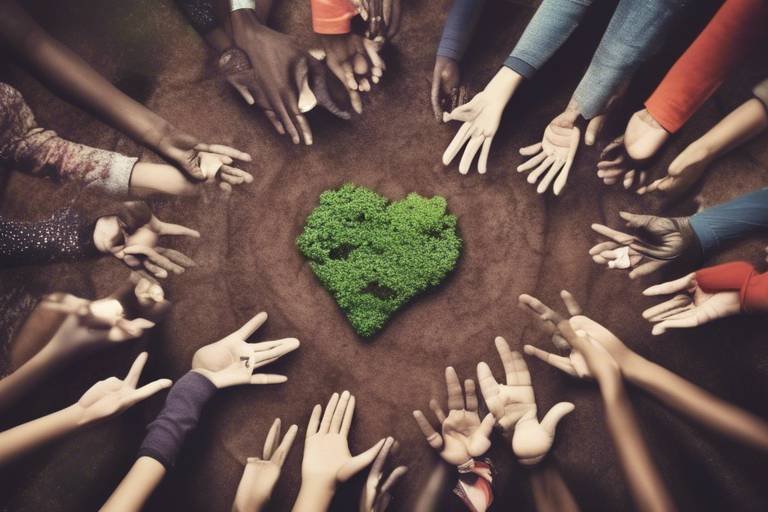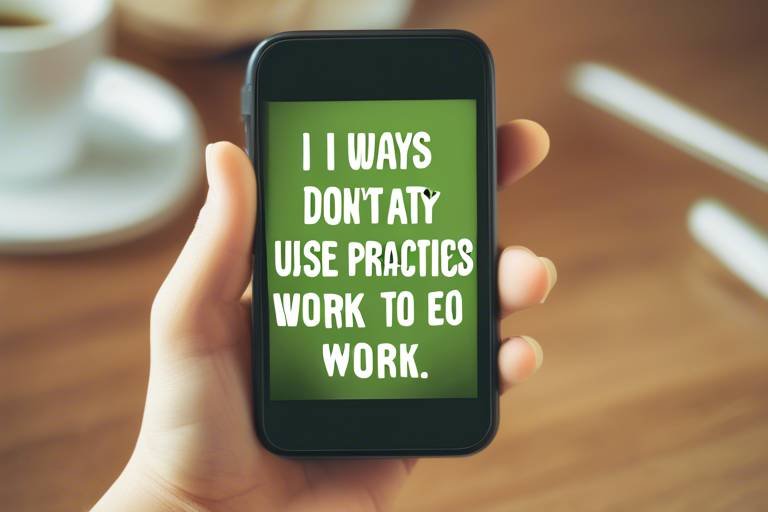10 Ways to Reduce Your Water Bill and Save the Planet
Are you ready to make a splash in reducing your water bill while also making a positive impact on the environment? By incorporating some simple yet effective changes into your daily routine, you can not only save money but also contribute to the conservation of our precious water resources. Let's dive into 10 ways you can achieve this dual goal with ease.
First and foremost, one of the most crucial steps in reducing your water bill is to fix leaks promptly. Leaky faucets and pipes can result in significant water wastage over time, causing your bills to skyrocket. By addressing these leaks as soon as they occur, you can prevent unnecessary water loss and save money in the process.
Another impactful way to lower your water usage is by installing water-efficient fixtures. Upgrading to low-flow toilets, showerheads, and faucets can significantly reduce the amount of water you consume without compromising on performance. Not only will this lead to savings on your water bill, but it will also have positive environmental implications.
When it comes to outdoor water usage, consider collecting rainwater for outdoor tasks. Setting up a rain barrel to capture rainwater provides a free and sustainable source of water for activities such as watering plants and washing cars. By utilizing rainwater, you can decrease your reliance on treated water and help conserve this valuable resource.
Efficient watering practices can also make a difference in your water consumption. By watering plants wisely through methods like drip irrigation, mulching, and watering early in the morning, you can minimize water waste in your garden and see a noticeable decrease in your water bill.
Maximizing the efficiency of your appliances is key to saving water and energy. Opt for running full loads in your washer and dishwasher to reduce water usage and the number of cycles needed. Waiting until you have a full load before starting a wash cycle can lead to significant savings over time.
Shortening your showers is another effective way to cut down on water consumption. By taking shorter showers and potentially switching to a low-flow showerhead, you can achieve substantial water savings without sacrificing your hygiene routine. This simple change can have a big impact on your water bill.
Consider reusing water when possible to further reduce your overall water consumption. Collecting water from activities like rinsing fruits and vegetables or washing dishes and using it for other purposes can help minimize water waste in your household. Every drop counts when it comes to saving water.
When it comes to lawn care, implementing water-saving techniques can make a significant difference. By mowing your lawn at a higher setting, watering deeply but infrequently, and opting for drought-resistant grass, you can conserve water and save money on your water bill. These practices not only benefit your wallet but also contribute to water conservation efforts.
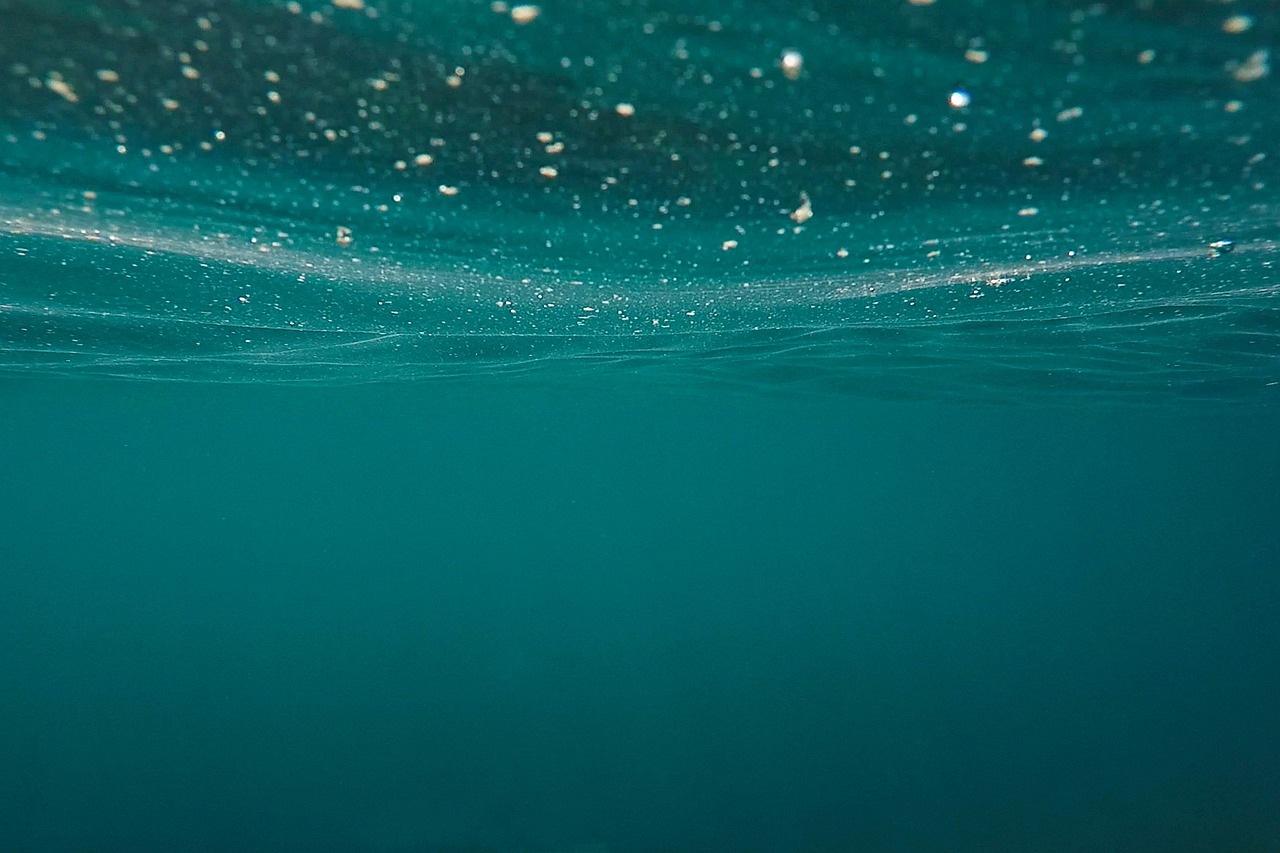
Fix Leaks Promptly
Learn how simple changes in your daily routine can help you save money on your water bill while also contributing to the conservation of this precious resource and the environment.
When it comes to saving water and money, fixing leaks promptly is a crucial step. Leaky faucets and pipes can waste a significant amount of water over time, leading to inflated water bills and unnecessary strain on water resources. By repairing leaks as soon as they are detected, you not only prevent water wastage but also contribute to water conservation efforts. Imagine each drop of water saved from a leaky faucet as a tiny victory in the battle to preserve our planet's water sources.
One effective way to detect leaks is by monitoring your water meter before and after a period when no water is being used. If the meter changes when no water is running, there may be a leak somewhere in your plumbing system that needs immediate attention. Addressing leaks promptly not only saves water but also saves you from the surprise of a high water bill at the end of the month.
Additionally, regular maintenance of your plumbing fixtures can help prevent leaks from occurring in the first place. Ensuring that all connections are secure and that seals are intact can go a long way in avoiding water wastage. By taking proactive measures to fix leaks promptly, you not only save money but also play a part in the larger effort to protect our planet's most valuable resource – water.
1. How can I check for leaks in my plumbing system?
2. Are there any government rebates available for installing water-efficient fixtures?
3. What are some common causes of water leaks in households?
4. How often should I inspect my plumbing for potential leaks?
5. Is it better to repair or replace a leaking faucet?

Install Water-Efficient Fixtures
When it comes to reducing your water bill and making a positive impact on the environment, one of the most effective steps you can take is to . By upgrading to low-flow toilets, showerheads, and faucets, you can significantly decrease your water usage without sacrificing performance. These modern fixtures are designed to optimize water flow, ensuring that you get the most out of every drop while also saving money on your water bill.
Imagine a world where every flush, every shower, and every hand wash contributes not only to your comfort but also to the sustainability of our planet. With water-efficient fixtures, this vision becomes a reality. You can enjoy the same level of convenience while knowing that you are doing your part to conserve water resources for future generations.
Additionally, installing water-efficient fixtures is a relatively simple and cost-effective way to make a big impact. The initial investment in these fixtures can quickly pay off through lower water bills and reduced water consumption. It's a win-win situation where you save money and help save the planet at the same time.
Moreover, these fixtures are designed to be user-friendly and easy to maintain, making the transition to a more water-efficient home hassle-free. With advancements in technology, you can now find a wide range of stylish and functional water-saving fixtures that suit your aesthetic preferences while promoting sustainability.
By making the switch to water-efficient fixtures, you are not only benefiting yourself but also contributing to a larger movement towards water conservation. Every drop saved adds up to a significant impact, collectively helping to preserve our precious water resources and protect the environment for future generations to come.

Collect Rainwater for Outdoor Use
Imagine a scenario where you can water your plants, wash your car, and clean your outdoor space without even touching your water bill. Yes, it's possible, and the solution lies in a simple yet ingenious method - collecting rainwater. By setting up a rain barrel in your yard, you can harness the power of nature to provide you with a free and sustainable water source for various outdoor tasks. This not only reduces your reliance on treated water but also helps in conserving this precious resource for future generations.
When rain falls on your roof, instead of letting it go to waste, you can channel it into a rain barrel through a downspout diverter. This collected rainwater can then be used for watering plants, filling birdbaths, cleaning outdoor furniture, and even topping up your pool. Not only does this practice help in saving money on your water bill, but it also reduces the strain on municipal water supplies and the energy required for water treatment.
By incorporating rainwater collection into your outdoor routine, you are not only making a financial and environmental impact but also fostering a sense of self-sufficiency. It's a small step that can lead to significant benefits for both your wallet and the planet. So, next time it rains, don't let that precious water go to waste; instead, capture it in a rain barrel and make the most of this free and abundant resource.
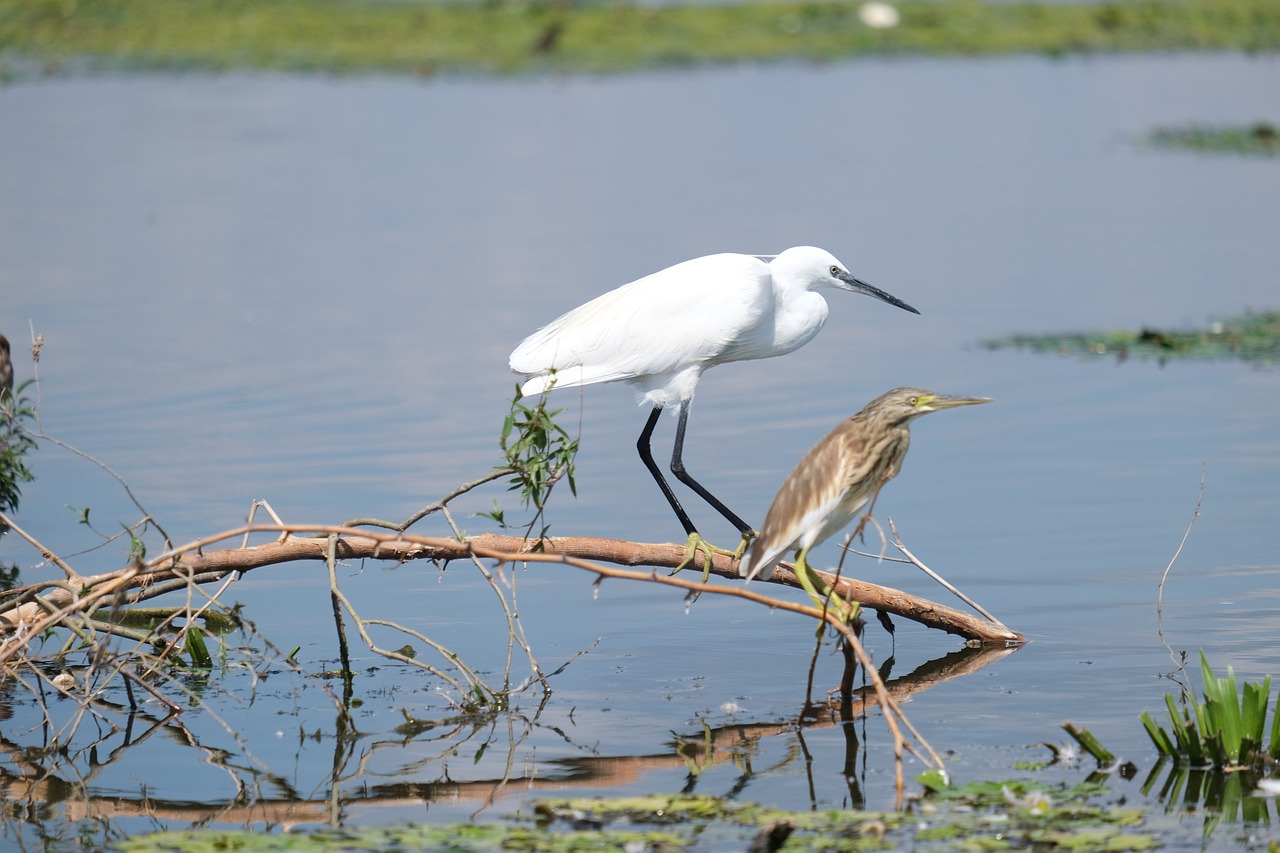
Water Plants Wisely
Learn how simple changes in your daily routine can help you save money on your water bill while also contributing to the conservation of this precious resource and the environment.
When it comes to watering your plants, a little strategy can go a long way in saving water and money. Instead of drenching your garden at noon when the sun is at its peak, consider watering early in the morning or late in the evening when evaporation is minimal. This simple adjustment can ensure that the water goes directly to the roots where it's needed, rather than being lost to the air.
Another smart way to water plants efficiently is by using drip irrigation systems. These systems deliver water directly to the base of plants, reducing evaporation and runoff. By providing a slow and steady supply of water, drip irrigation not only conserves water but also promotes healthier plant growth.
Furthermore, mulching around your plants can help retain moisture in the soil, reducing the need for frequent watering. Mulch acts as a protective barrier, preventing water from evaporating quickly and keeping the soil cool during hot days. Additionally, it suppresses weed growth, saving you time and effort in maintaining your garden.
By adopting these water-wise practices in your gardening routine, you can not only lower your water bill but also contribute to the conservation of this vital resource.
Q: How much water can I save by using drip irrigation?
A: Drip irrigation systems are highly efficient and can reduce water usage by up to 50% compared to traditional watering methods.
Q: Is it necessary to water my plants every day?
A: Most plants do not require daily watering. It's best to check the soil moisture level before watering to avoid overwatering, which can be harmful to plants.
Q: Can I use rainwater to water my plants?
A: Yes, collecting rainwater in a barrel and using it to water your plants is an eco-friendly and cost-effective way to keep your garden hydrated.

Opt for Full Loads
When it comes to saving water and money, one simple yet effective tip is to always opt for full loads. Whether it's your laundry or dishes, waiting until you have a full load before running the washer or dishwasher can make a significant difference. By maximizing the capacity of each cycle, you not only save water but also reduce energy consumption. This practice not only helps in conserving water resources but also cuts down on your utility bills.
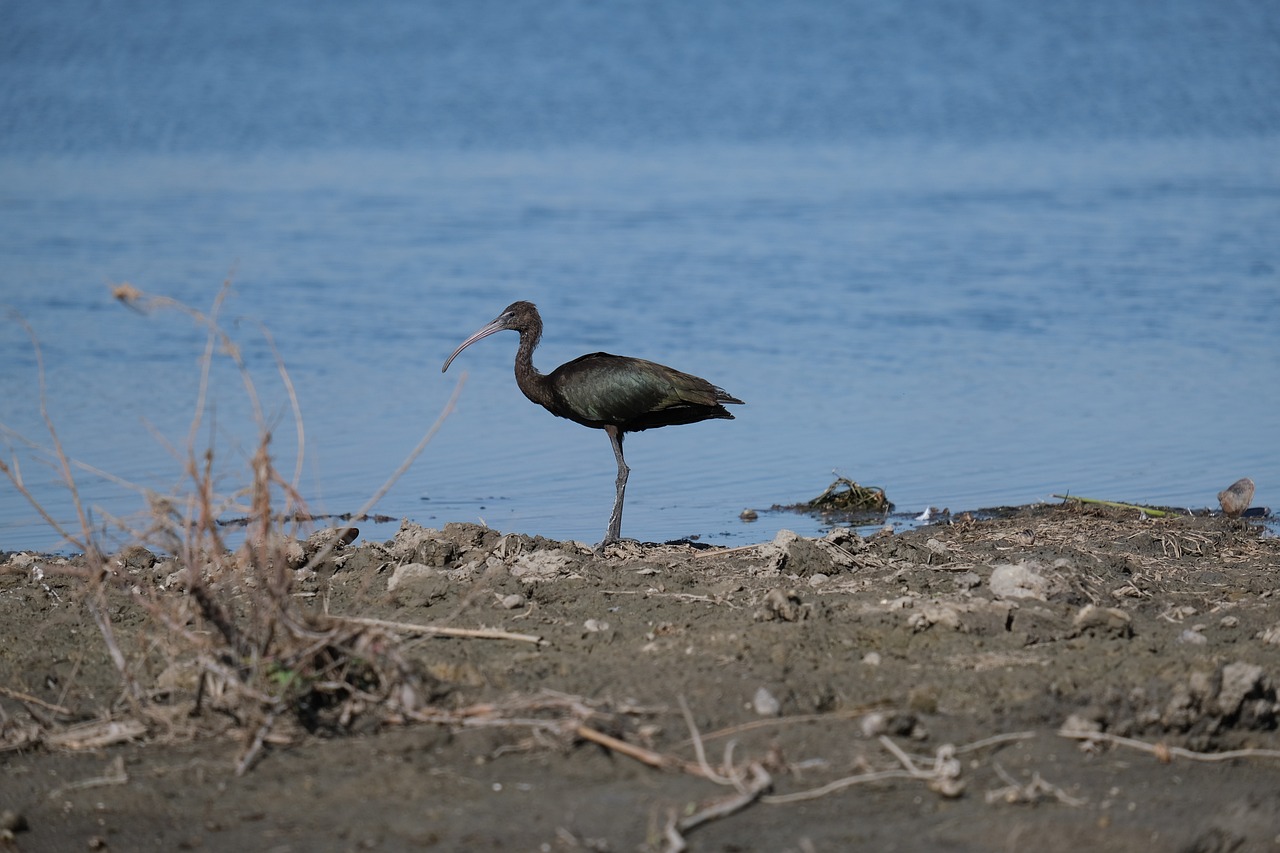
Shorten Showers
Are you guilty of spending too much time in the shower, letting the water run endlessly while you lose track of time? It's time to rethink your shower habits and consider the impact they have on both your water bill and the environment. Shortening your showers can be a simple yet effective way to reduce water consumption without sacrificing your hygiene or comfort.
Imagine the amount of water that goes down the drain during those extra minutes of indulgence in a hot shower. By cutting down your shower time by just a few minutes, you can save gallons of water with each shower. Pairing this habit change with the installation of a low-flow showerhead can amplify your water savings even further, as these fixtures are designed to limit water flow without compromising water pressure.
Not only does shortening your showers benefit your wallet by reducing your water bill, but it also contributes to water conservation efforts on a larger scale. Every drop of water saved in your daily routine adds up to significant savings collectively. It's a small change that can make a big impact when adopted by many individuals.
Think of your shower as a mini oasis where you can refresh and rejuvenate, but also as a space where you can practice mindfulness about your water usage. Setting a timer or playing your favorite song to time your showers can help you stay conscious of your water consumption and encourage you to make efficient use of this precious resource.
So, the next time you step into the shower, challenge yourself to take a shorter, more purposeful shower. Not only will you be saving money on your water bill, but you'll also be contributing to the greater good of conserving water for future generations. It's a small change with a ripple effect that can lead to significant positive outcomes for both your finances and the planet.
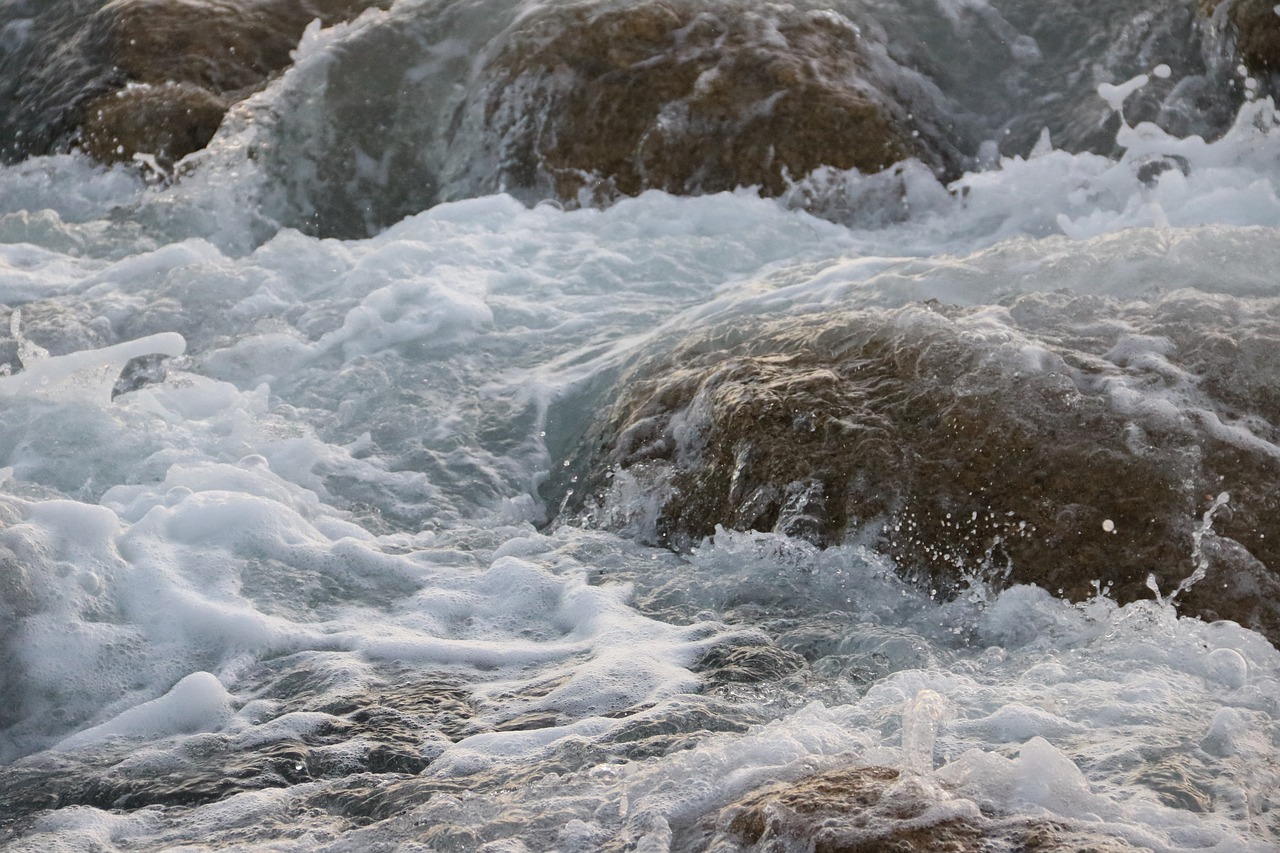
Reuse Water When Possible
When it comes to reducing your water bill and making a positive impact on the environment, reusing water whenever possible can play a significant role. By incorporating simple practices into your daily routine, you can minimize water waste and contribute to water conservation efforts. Reusing water not only helps lower your overall water consumption but also leads to cost savings on your water bill.
One effective way to reuse water is by collecting and repurposing water from various household activities. For instance, instead of letting the water run while rinsing fruits and vegetables, consider collecting it in a container to water your plants or garden. Similarly, the water used for washing dishes can be reused for tasks such as cleaning outdoor surfaces or flushing toilets.
Another method to reuse water is through the installation of a greywater system. Greywater is wastewater generated from activities like laundry, bathing, and dishwashing that can be treated and reused for non-potable purposes. By diverting greywater to your garden or landscape irrigation system, you can reduce your reliance on fresh water sources and promote sustainable water usage.
In addition to household practices, businesses and industries can also implement water reuse strategies to minimize water wastage. Companies can recycle process water for cooling systems, irrigation, or cleaning purposes, reducing their water footprint and operating costs. By investing in water recycling technologies, businesses can demonstrate their commitment to environmental sustainability and resource efficiency.
Furthermore, community initiatives focused on water reuse, such as rainwater harvesting projects or greywater recycling programs, can have a collective impact on water conservation efforts. By raising awareness about the benefits of water reuse and providing support for implementing such practices, communities can work together to preserve water resources for future generations.
Overall, reusing water whenever possible is a practical and effective way to save money on your water bill and contribute to sustainable water management. By adopting simple yet impactful water reuse practices in your daily life, you can play a part in safeguarding this vital resource and creating a more water-efficient society.

Adjust Lawn Care Practices
When it comes to maintaining a lush green lawn while also being mindful of water usage, adjusting your lawn care practices can make a significant difference. By implementing water-saving techniques and making small changes to your routine, you can save both water and money in the long run.
One effective way to reduce water consumption in your lawn care routine is to mow your grass at a higher setting. Taller grass shades the soil, reducing evaporation and promoting deeper root growth, which can help your lawn withstand dry periods without requiring as much water.
Another strategy is to water deeply but infrequently. Instead of frequent shallow watering, which encourages shallow root growth and water waste through evaporation, opt for less frequent deep watering sessions. This encourages the roots to grow deeper into the soil, making your lawn more resilient to drought conditions.
Choosing drought-resistant grass varieties can also make a difference in reducing water consumption. These types of grass are adapted to require less water, making them ideal for areas prone to water scarcity or restrictions. By selecting the right grass for your region, you can have a beautiful lawn that thrives with minimal water input.
In addition to these practices, consider incorporating organic matter into your soil to improve its water retention capacity. Adding compost or other organic materials can help the soil hold onto moisture better, reducing the need for frequent watering. This not only conserves water but also promotes a healthier lawn ecosystem.
By adjusting your lawn care practices to be more water-efficient, you can contribute to water conservation efforts while enjoying a vibrant and healthy lawn. These small changes can add up to significant water savings over time, benefiting both your wallet and the environment.
Frequently Asked Questions
- How can fixing leaks help reduce my water bill?
Repairing leaky faucets and pipes promptly can prevent water wastage, leading to significant savings on your water bill and helping to conserve water resources.
- What are the benefits of installing water-efficient fixtures?
Upgrading to low-flow toilets, showerheads, and faucets can reduce water usage without compromising performance, resulting in lower water bills and environmental benefits.
- How does collecting rainwater for outdoor use help in saving water?
Setting up a rain barrel to collect rainwater provides a free source of water for outdoor tasks, reducing reliance on treated water and lowering overall water consumption.
- Why is it important to water plants wisely?
Efficient watering practices like watering early in the morning, using drip irrigation, and mulching can conserve water in your garden, leading to lower water bills and environmental benefits.
- How does opting for full loads help in water conservation?
Waiting for a full load of laundry or dishes before running the washer or dishwasher maximizes water efficiency, reducing the number of cycles and saving both water and energy.
- What are the advantages of shortening showers?
Taking shorter showers, especially with a low-flow showerhead, can result in significant water savings over time, helping to cut down on your water bill and conserve water resources.
- How does reusing water contribute to water conservation?
Collecting and reusing water from various activities can help reduce water waste and lower overall water consumption, leading to savings on your water bill.
- Why is adjusting lawn care practices important for saving water?
Implementing water-saving lawn care techniques such as mowing at a higher setting, watering deeply but infrequently, and using drought-resistant grass can help save water and money in the long run.











